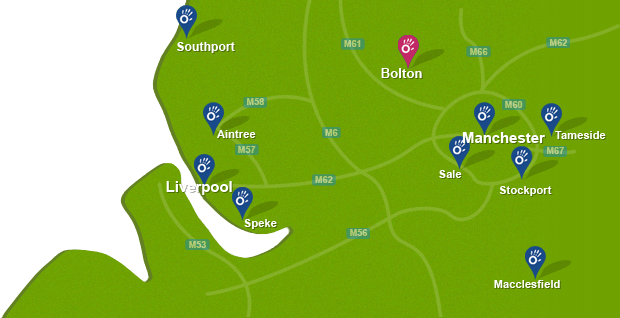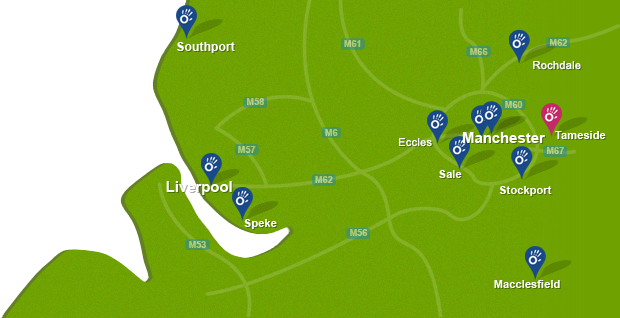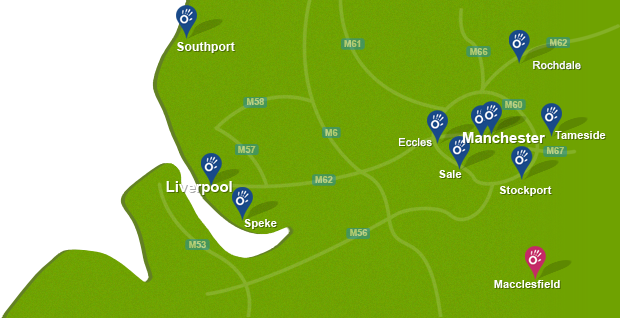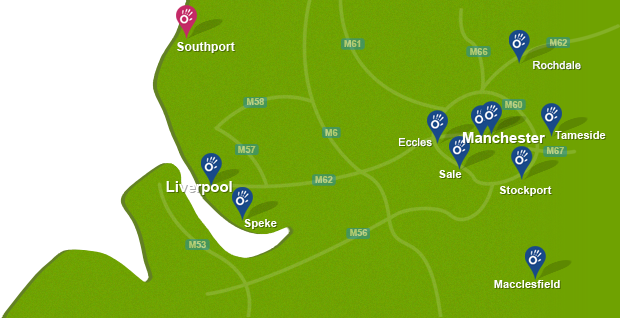 Above: Vestibular physiotherapy - passive resetting exercises
Above: Vestibular physiotherapy - passive resetting exercisesWhat is Labyrinthitis
Labyrinthitis is a condition that is caused by a viral infection which affects the inner ear. The labyrinth is the term used to describe the area of the inner ear that control balance and smooth vision. The infection attacks this area and causes inflammation or damage to the structures which tell the brain which way the head is moving. This then results in incorrect messages being sent to the brain causing inappropriate reactions which result in dizziness.
Normally once the infection has gone the body compensates for the damage to the labyrinth and symptoms settle but in a significant number of individuals this compensation does not happen. This is when extra vestibular input is required.
What are the symptoms of Labyrinthitis
The symptoms of Labyrinthitis tend to be quite severe in the first few days and then can last anything from a few weeks to months. The symptoms commonly reported with Labyrinthitis are:
|
|
 Above: Vestibular physiotherapy - passive resetting exercises
Above: Vestibular physiotherapy - passive resetting exercisesThe situations which can make the symptoms worse include:
- Supermarkets/shops
- Darkness
- Tiredness
- Head Movements
- Groups of people when you need to listen and concentrate
- Feel under the weather
How is Labyrinthitis diagnosed
Labyrinthitis is diagnosed by taking a history of the onset of the symptoms and combining this with a vestibular assessment. The vestibular assessment would involve:
- Eye Tests
- Balance Tests
- Positional Tests
- Gait Analysis
- MRI Scan
- Hearing Test
- Caloric Test
- Vestibular function tests-including rotating chair test and videonystagmography
What treatment can Manchester Physio offer for Labyrinthitis
The treatment that Manchester Physio can offer for Labyrinthitis is comprehensive and addresses all of the problems associated with Labyrinthitis. From the vestibular assessment a treatment plan will be made based on the objective findings.
Treatment will consist mainly of a home exercises program and advice, it includes:
- Gaze stability training- this involves exercises to train the eyes to work harder when the head is moving in order to maintain clear visual focus.
- Balance retraining- this strengthens the input from the balance sensors to feed correct information into the vestibular system to override incorrect messages from labyrinth.
- Functional task practice- practicing task desensitises the vestibular system meaning you can do activities without getting symptoms.
- Symptom management strategies- having the mechanisms to cope with symptoms means the condition can be kept under control.
- Relaxation advice- having the ability to relax fully helps the body to recover from vestibular symptoms. This may involve relaxation scripts or just general advice on sleep.
- Pacing of activity- fatigue plays a big part in Labyrinthitis therefore leaning to pace activities is vital to control symptoms and make a stage recovery. Doing too much too soon overloads the vestibular system.
- Graded exposure program to difficult situations- hiding away might seem like a good idea as you do not become dizzy but you need to gradually expose the body to situations which are more challenging. You will be given set tasks to do each day to achieve this.
Benefits of Vestibular Physiotherapy for Labyrinthitis
The benefits of vestibular physiotherapy for Labyrinthitis are:
- Reduced dizziness
- Increased visual focus
- Improved balance
- Increased energy levels
- Ability to return to normal activities
- Increased confidence
To make a Vestibular Physiotherapy appointment at Manchester Physio call 0161 883 0077.



 0161 883 0077
0161 883 0077






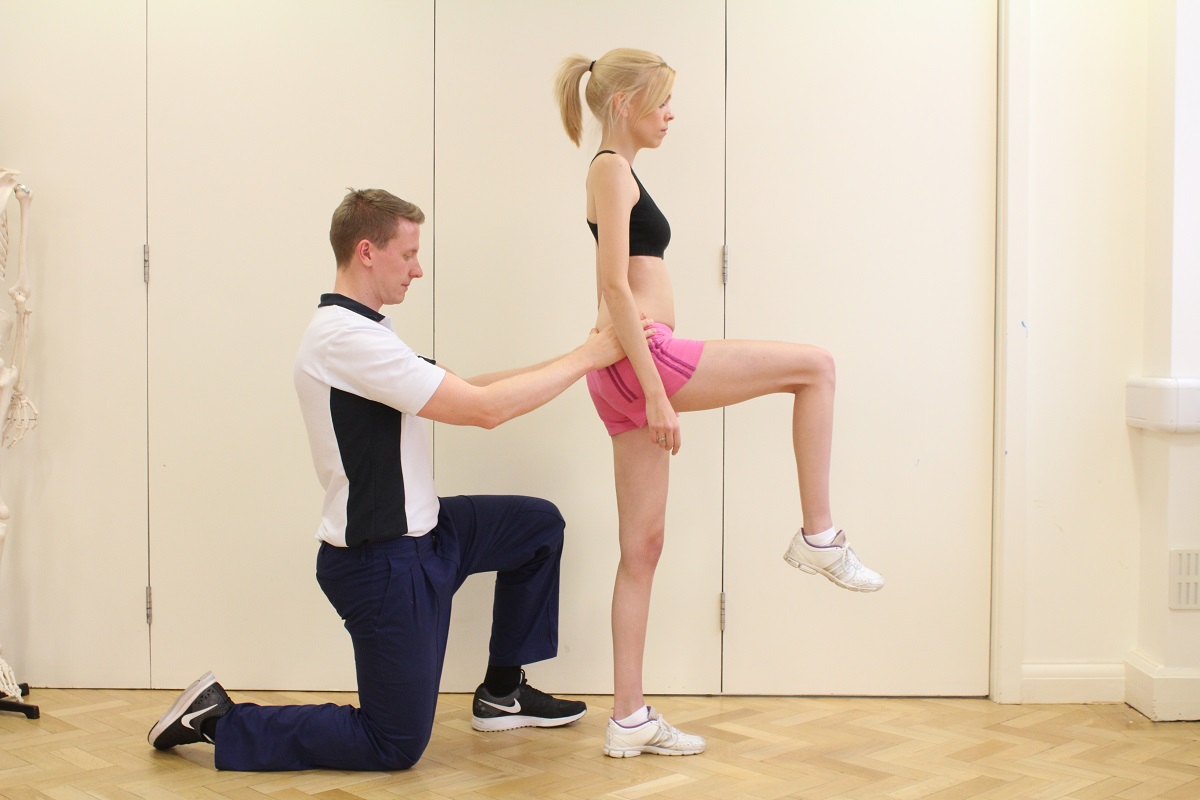

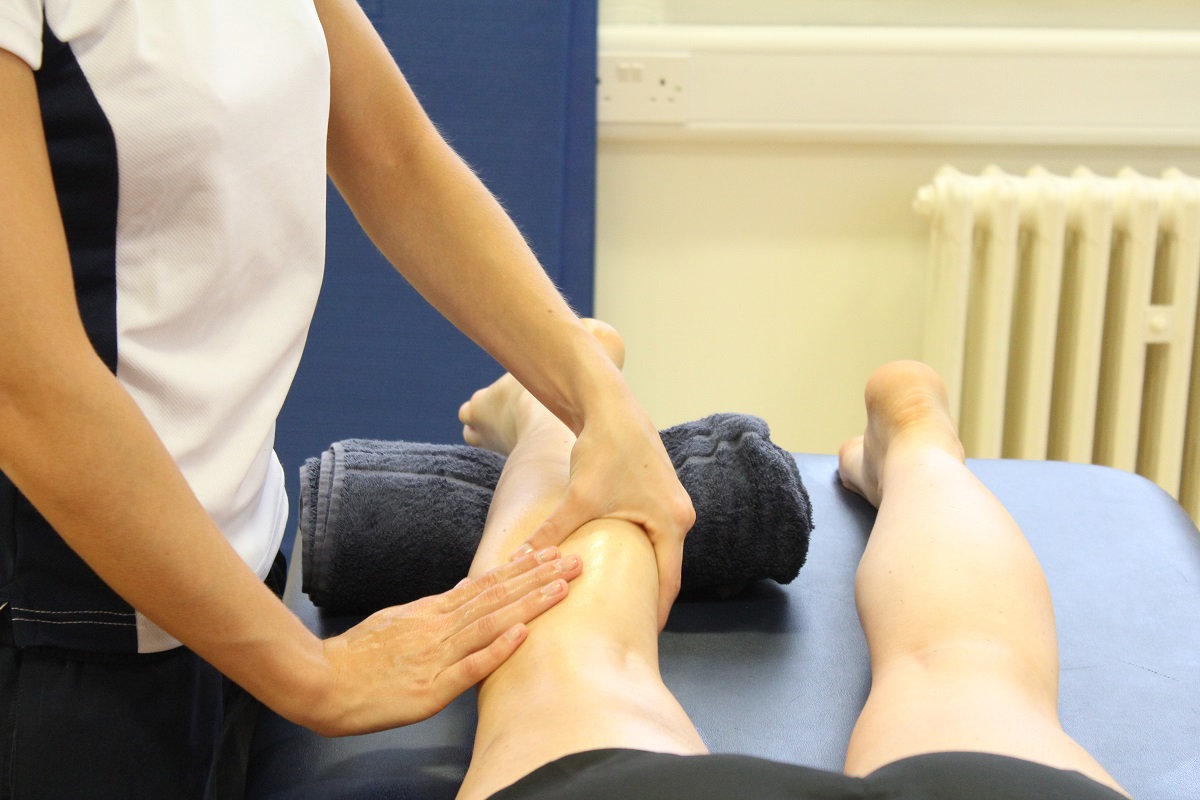



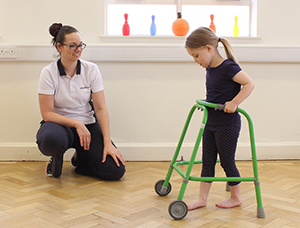
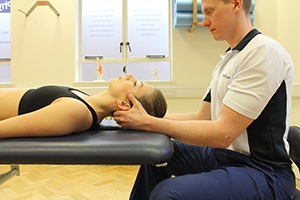






























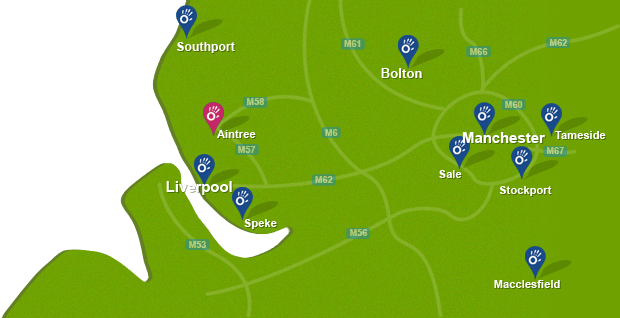

 f
f
